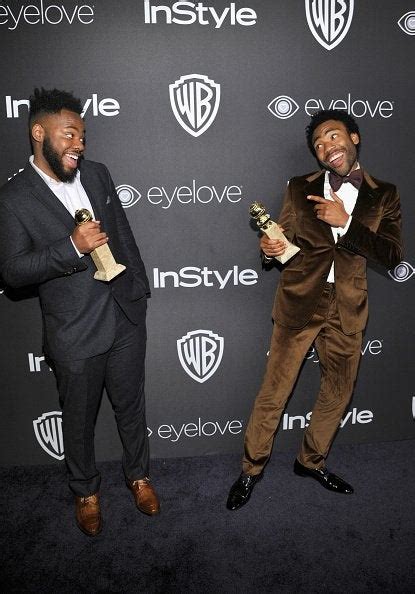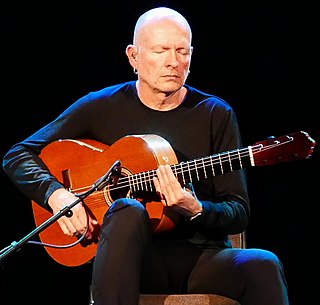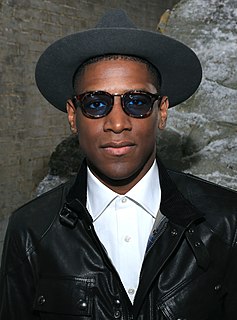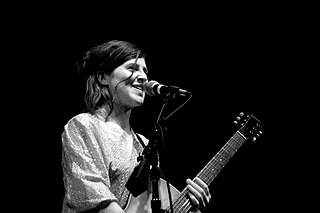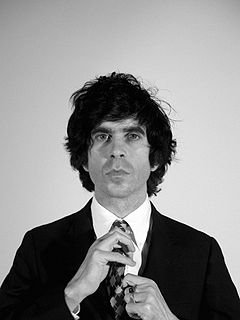A Quote by Ester Dean
It's so funny because if you tweet your lyrics and then you hear it in a song next week, you're like, 'Hey I had that same idea.' I'm very secretive with my music. We have to send emails password protected. Because once that song gets out, you aren't selling that thing.
Related Quotes
If you read about a tree, and there is a description, you have to grow that tree in your mind. So that's an active way of looking at media, whereas a movie or a TV will be passive, because they are showing you the tree. In the same way, when somebody sings a song for you, those words get so much in the foreground, that even if you take a minor key of music and then put like happy lyrics to it and people think it's a happy song. So, in a song, you are told what to feel, whereas, in an instrumental music, you get as much out of it as you are willing to put into it.
[A]s soon as you try and take a song from your mind into piano and voice and into the real world, something gets lost and it's like a moment where, in that moment you forget how it was and it's this new way. And then when you make a record, even those ideas that you had, then those get all turned and changed. So in the end, I think, it just becomes it's own thing and really I think a song could be recorded a million different ways and so what my records are, it just happened like that, but it's not like, this is how I planned it from the very beginning because I have no idea, I can't remember.
But once you've made a song and you put it out there, you don't own it anymore. The public own it. It's their song. It might be their song that they wake up to, or their song they have a shower to, or their song that they drive home to or their song they cry to, scream to, have babies to, have weddings to - like, it isn't your song anymore.
Right away, I knew I didn't want to have that look of other guys with long hair and bell-bottom pants, because everybody else had that look. I kind of adopted my boarding-school look, which made me stand out. Then the next thing you know, the first song on my first record is a song called "School Days." It's about going to the boarding school I went to. So then I just started to write about myself. The very first song I ever wrote was about a guy I met in a boatyard that we were working in. So I've always had this thing about sticking to more or less what I knew.
Music is very transporting. I'll hear a song for the first time and I rarely listen to the lyrics. I picture that song playing as a soundtrack to a movie, or even just in the background of someone's life. This all sounds weird, but I have an active imagination, and music opens the floodgates of that area of my brain.
When you sit down and write a song, you kind of have the idea for the song, and you sit there at the piano and you kinda just write it. And then of course later there's some dinking around with it and changing some stuff. But there's this thing that happens when the song first comes out, that sort of magic when it first comes out of the ether, and you can't even really explain where it comes from. That happens so much with music, and people understand that with music. But I really think that a lot of movie and TV should be the same way.
Other memories stick, no matter how much you wish they wouldn’t. They’re like a song you hate but can’t ever get completely out of your head, and this song becomes the background noise of your entire life, snippets of lyrics and lines of music floating up and then receding, a crazy kind of tide that never stops.
I love lyrics. I've always been averse to the straight lyric idea. I guess a big part of it is, that songs that are literary always turn me off. Because they feel so abstract. Like a song. What is a song? We have to remember what the function of a concert and the function of playing a song for people are. It's all become really abstracted.

